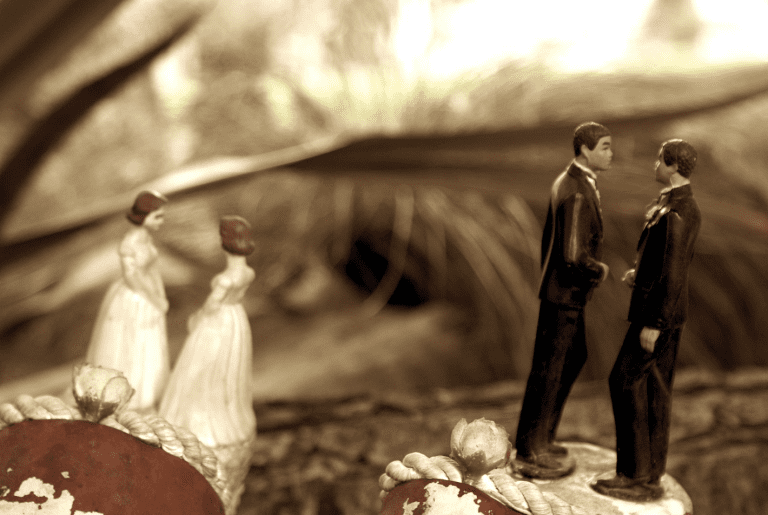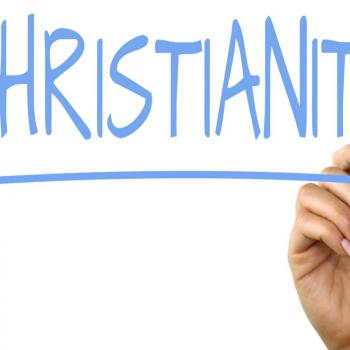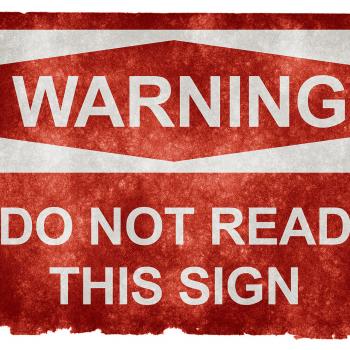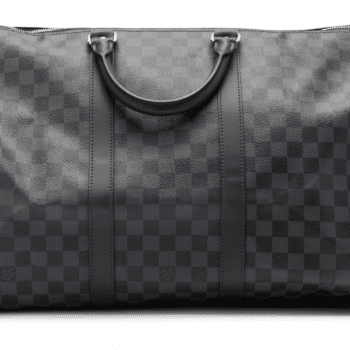
The government’s job is NOT to decide if sincerely held beliefs are legitimate. I can barely trust them to deliver a piece of mail to a friend, I definitely don’t want them evaluating the quality of my religious beliefs.
That’s why the recent Supreme Court decision protecting a Christian baker is such a big deal: it’s great news for religious minorities.
“It hardly requires restating that government has no role in deciding or even suggesting whether the religious ground for” the baker’s ‘conscience-based objection is legitimate or illegitimate,'” wrote Justice Kennedy. Over at National Review, Howard Slugh wrote that Kennedy’s words are very important for creedal minorities. “Religious minorities should appreciate that Justice Kennedy took the time to restate it nonetheless. Governmental entities have a nasty habit of refusing to protect religious practices that are, in their view, religiously mistaken or illegitimate. Hopefully, Justice Kennedy’s statement will put an end to this pernicious practice.”
The prison argued that Estes could not claim it had deprived him of religious liberty because the prison food was kosher enough to meet his religious needs. The prison rejected Estes’s claim that that the food was not kosher. It responded that, based on its understanding of Judaism, the food was kosher. The prison even hired a rabbi to testify that Estes misunderstood his faith. Estes hired his own rabbi to testify that the prison was not, in fact, properly preparing kosher food.
It should be immediately obvious that this sort of religious debate has no place in an American court. Judges are not qualified to determine which rabbi speaks for the only “True Judaism,” if such a thing even exists. And, even more important, the law would protect Estes’s right to religious liberty even if his personal faith differed from normative Judaism. Every American has a right to live in accordance with his conscience, regardless of whether he follows an orthodox faith.
Fortunately, the court saw through the prison’s nonsense. It decided that, for the purposes of Estes’s religious-liberty claim, the relevant question was whether eating the prison food would violate his own sincere religious beliefs. The court recognized that it had no business attempting to discover and apply the “true” Jewish law. Rather, it had to accept the validity of Estes’s sincere religious beliefs.
The prison, however, still didn’t want to give Estes a shofar, the ram’s horn. They offered to compromise, by giving him a recording of the sound of a shofar, but a mere recording does not satisfy the Jewish law. Here’s more from Slugh:
The court declined to rule on this issue, noting that it would have to consider the validity of the proposed compromise and decide the issue at a later date. The court should heed Justice Kennedy’s warning that it has no role in evaluating the legitimacy of Estes’s sincere religious claims and reject the prison’s illusory compromise. The court may deny Estes access to a shofar if it determines that access would be too dangerous or costly. But it cannot escape having to make that analysis by rejecting Estes’s claims that he is religiously obligated to hear the sounds directly.
As an advocate of self-governance — and a frequent critic of the government — I am so gratified to see that Kennedy’s words already have such resonance for creedal minorities all over America.
The Supreme Court’s opinion in Masterpiece Cakeshop did not resolve the tension between the First Amendment and anti-discrimination laws. That is disappointing. However, it still may have done adherents of minority faiths a great service in reminding governmental entities that they have “no role” in determining the validity of their sincere beliefs.
Image Credit: By Davidlud [GFDL (http://www.gnu.org/copyleft/fdl.html), CC-BY-SA-3.0 (http://creativecommons.org/licenses/by-sa/3.0/) or CC BY-SA 2.5 (https://creativecommons.org/licenses/by-sa/2.5)], from Wikimedia Commons
Hat Tip: National Review










